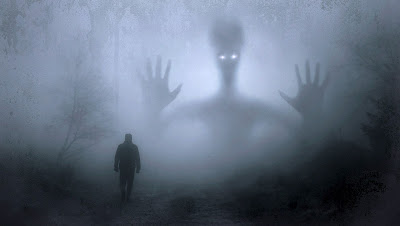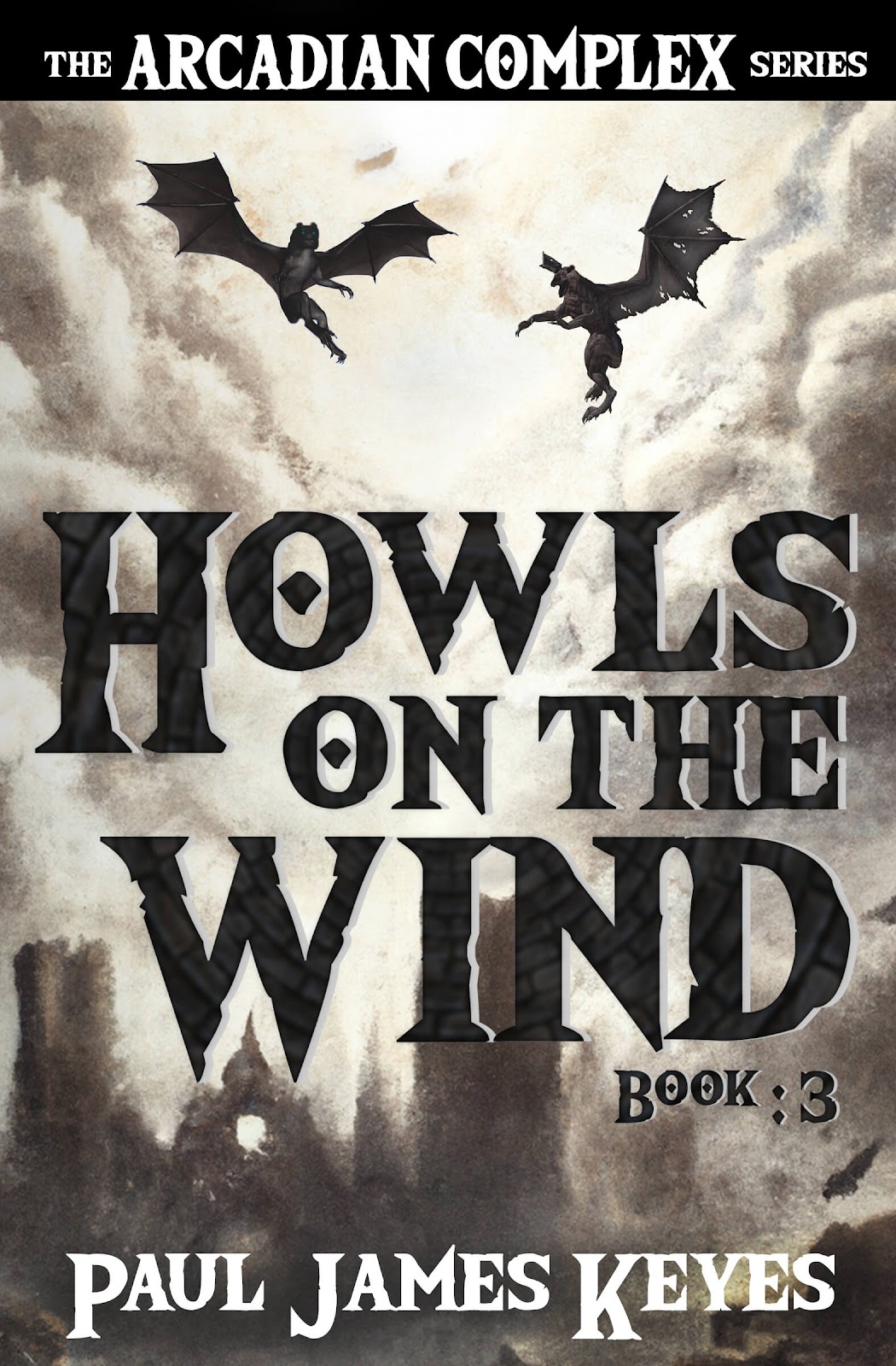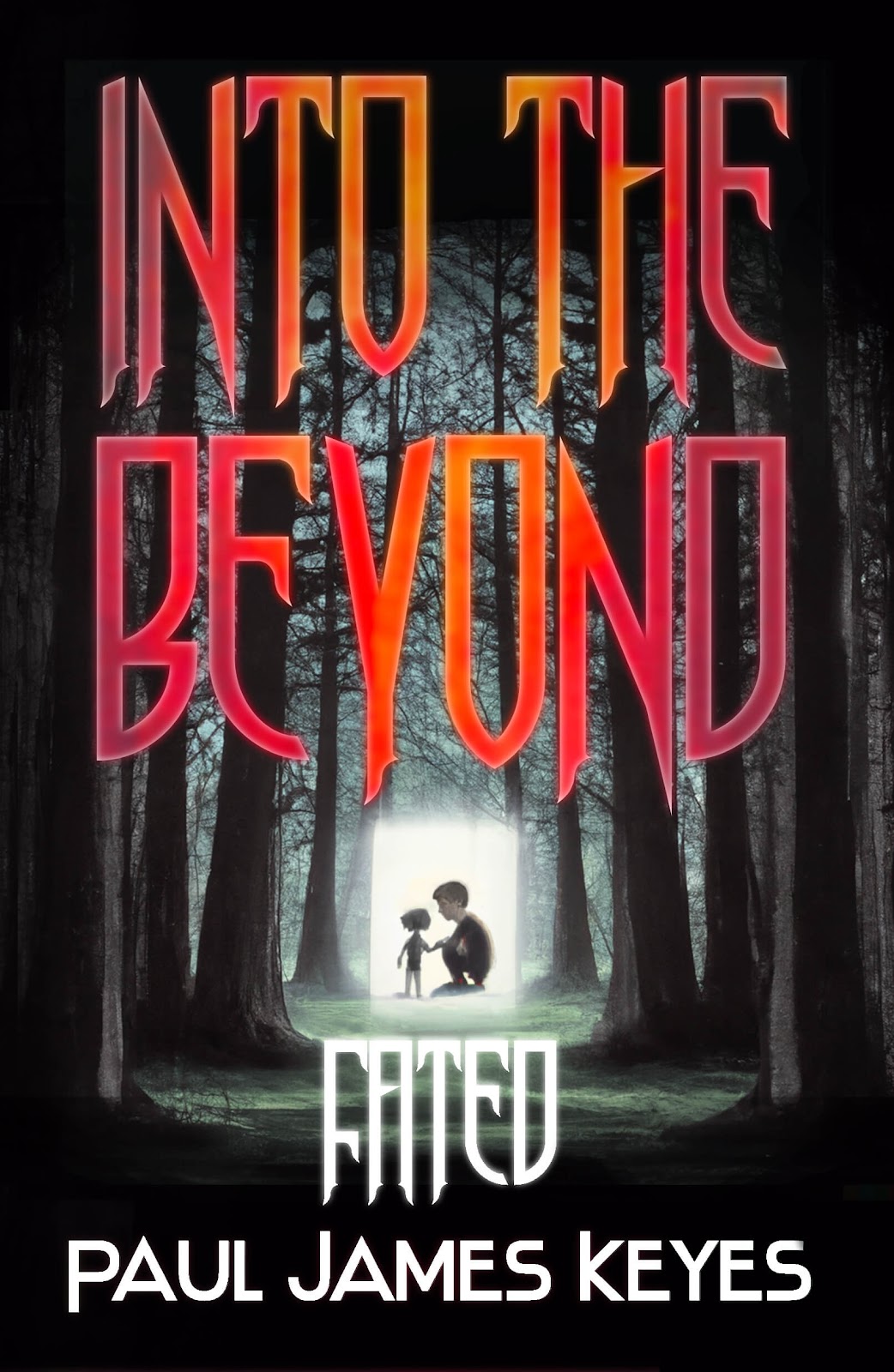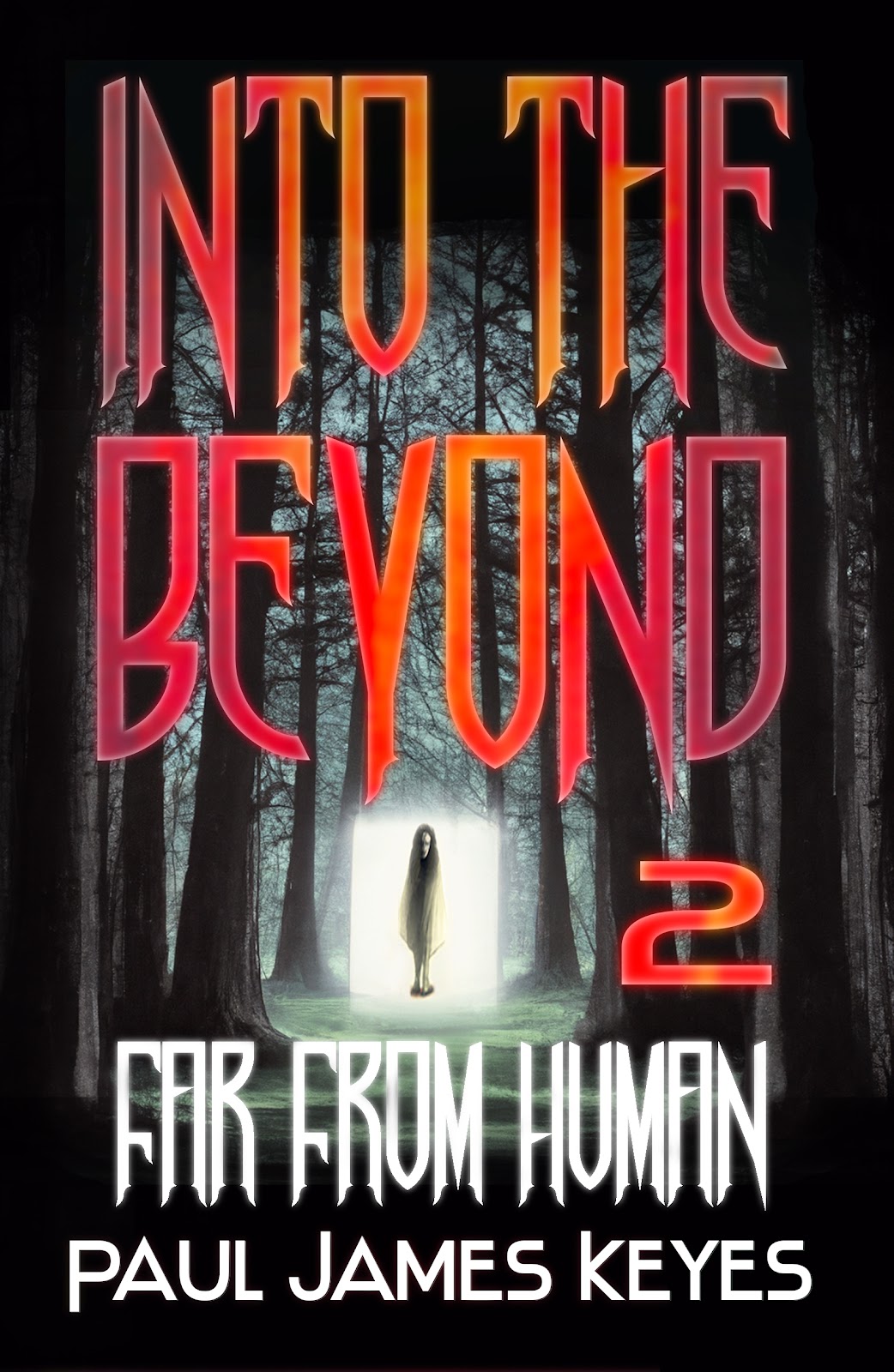Hi again! Fantasy/Sci-Fi/Horror author Paul James Keyes, back with another newsletter!
Last time I depressed everybody with a grim look at what AI could mean for our future. [LINK TO NEWSLETTER 6 - AI COMETH] Today, I thought I would be fun to do something a little more cerebral by playing a little game I just made up called ‘define its nature’ where I use logic and scientific knowledge to define the nature of a term you only thought you understood. Let’s start with a big one. The question that I will be analyzing is ‘What are we?’
Other ways of asking this could be ‘What are humans?’ ‘What is life?’ or ‘What is mankind?’. There are nuances here depending on how this question is asked. The questions will get refined along with the definition as we go. This one is different than ‘what is the meaning of life?’ which I believe to be a mostly subjective question. What I propose to answer is ‘What exactly are we?’.
Stick with me here. Now obviously we are beings of matter, which is just compressed energy. Everything is energy. That is about as deep as most people get when thinking about the nature of life. The mistake here is one of definition. Defining what matter is is NOT the same as defining what we are. Don’t get me wrong, realizing matter is energy was a great revelation when Einstein made his famous equation E (energy) = MC^2 (mass multiplied by the speed of light squared). Yes, I know this is boring to non-physics nerds, but it really was a revolutionary discovery—equating energy and mass.
When trying to define what we are there are several logical approaches. You can take the broad approach of defining us as a group i.e. ‘humanity’, or the narrow approach of defining who we are as individual meat structures. I think both are important to any further discussion of the nature of man and mankind.
I would argue that a human is more than just a structure of cells with a stupid look on its face. A human is made up of cells of course, which is matter, which is energy, but we also have literal energy shooting around inside of us. Our neurons pass charges around the brain. We can see an image of this when people receive brain scans. The brain has trillions of connections, making it the most complicated natural system known to mankind (fun fact: the human immune system is the 2nd most complicated system known to mankind. Pretty crazy that out of everything we know about in the whole universe, the two most complex systems are both inside of us—and I don’t even know what #3 is yet, probably another animal’s brain?).
Okay, so we are a physical meat structure made up of matter, combined with a constantly transforming energy structure some might even call science’s equivalent of a soul. If one day we could accurately replicate the electrical structure, it could be like Altered Carbon where your mind is copied into a digital state in which we transcend death—but that’s a whole other discussion for another time.
I don’t think we’ve gone deep enough. There is something more to people. People do not exist separately from the history of humanity. It is what led to our births. Humanity (and more broadly, life in general), like erosion or evaporation, is a natural system. Our cells duplicate; life passes along copies of itself to future generations; new DNA sequences combine at random, the efficient usually survive—the right answer is the one that survives to make more copies. It’s a single step of evolution on an individual scale. Our brains are a byproduct of this evolution of life, so accurately, one could say we are the physical manifestation of the algorithm that all life follows in order to exist—a forever (hopefully) chain of tumbling dominoes of duplication, one cell to the next, one generation to the next.
But we are more than that still! We are other algorithms as well. Our brains make decisions based off of stimuli it takes in from our senses. All of our decisions and the inner workings of our brains are governed by reinforcement learning. It’s physics and math and follows an algorithm. Truly, we learn in a manner that is very similar to how modern AI learns. You experience something, build connotations about the outcomes and make future decisions based off of what you perceive to be the best move. This may seem metaphysical, but it could be argued that we are the weights behind our learning algorithm. That’s not just our personality, but the culmination of all the experiences that mold us.
It sort of comes down to semantics, but I will define who you are at the beginning of your life as different than who you end up as by the end of it. Every cross section of you across time is made up of different cells, different energy, as well as the ever evolving algorithm of your mind and decision making. Really, you are all of it, just at different times.
So now, to put it all together: We are meat structures with storms of energy inside of us who transcend time as a natural system that is constantly changing and evolving. And we’re all just trying to survive.
That being said… A friend from high school killed himself recently. I know I buried the lead on this one. I guess I’ve just been grappling with a few things. It’s times like this that I tend to look inward. Lofty questions like ‘what are we?’ are a comfort to me as I dig deeper into the interconnectedness of the universe. I’ve always had a scientific mind, and as a non-religious person trying to understand my place in the universe, it has to be enough that we exist in the here and now. That’s all we have.
I mean, really. Everything that lives will one day die, and it is only the beauty of our existence that we leave behind that gives any of it any meaning beyond the momentary fancies of our senses. He left behind his wife and three young children. I can’t even imagine what he was grappling with. If you or anyone you know is having suicidal thoughts, I beg you, please seek help and have someone get rid of any quick ways out. The emergency number in the US is 988, and the non-emergency number, which goes to the National Suicide Prevention Lifeline is 800-273-TALK (8255).
Damn, I hadn’t planned on writing any of that originally, but I needed to get it out. I don’t want to be the depressing newsletter guy, but sometimes life throws you terrible curveballs and all we can do is go on living the best way we know how.
Thank you for being here with me, and as always, stay safe.










































